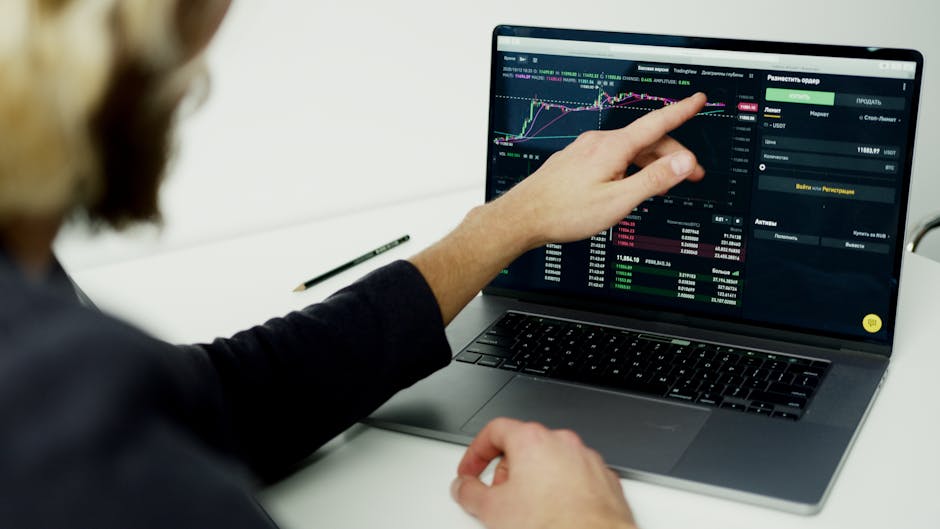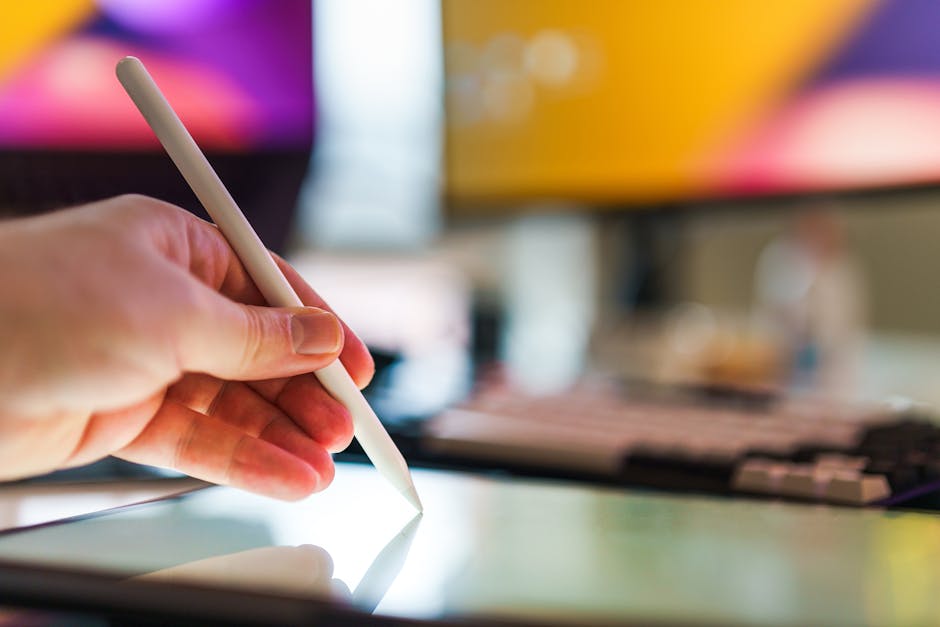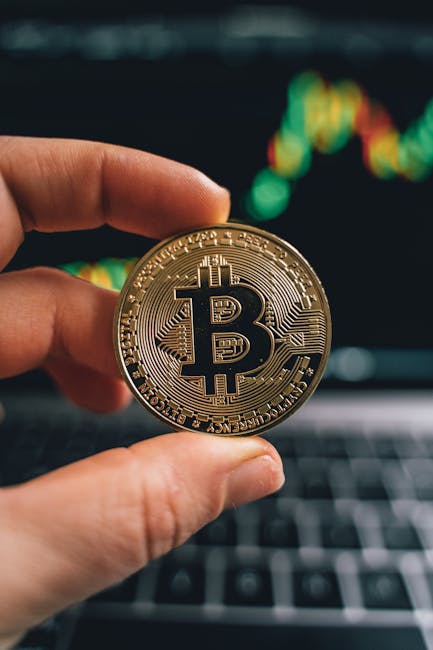How to Troubleshoot and Speed Up a Slow PC
In today’s digital age, a slow PC can be a significant hindrance to productivity and enjoyment. Whether you’re trying to work efficiently or simply stream your favorite shows, a sluggish computer can be incredibly frustrating. Fortunately, there are several ways to troubleshoot and speed up your PC, ensuring it runs smoothly and efficiently. In this guide, we’ll explore some effective strategies to boost your computer’s performance.
Common Causes of a Slow PC
Before diving into solutions, it’s essential to understand what might be slowing down your PC. Identifying the root cause can help you apply the most effective fixes.
Insufficient RAM
Random Access Memory (RAM) is crucial for your computer’s performance. If your PC doesn’t have enough RAM, it may struggle to handle multiple applications simultaneously, leading to slowdowns. According to Crucial.com, adding more RAM can significantly improve performance in 80% of cases.
Hard Drive Issues
Traditional hard drives can slow down over time due to fragmentation or lack of space. Upgrading to a Solid State Drive (SSD) can boost speed by up to 30%. SSD vs. HDD comparisons highlight this considerable performance enhancement.
Outdated Software
Running outdated software or operating systems can lead to compatibility issues and slower performance. Keeping your system updated is vital for both speed and security.
Actionable Tips to Speed Up Your PC
Now that we’ve identified some common causes of a slow PC, let’s explore actionable solutions to enhance performance.
1. Increase Your RAM
Adding more RAM is one of the most effective ways to improve your PC’s speed. Most modern computers require at least 8GB of RAM for optimal performance. If you’re running graphics-intensive applications or multitasking heavily, consider upgrading to 16GB or more.
2. Upgrade to an SSD
Replacing your traditional HDD with an SSD can drastically reduce boot times and increase overall speed. An SSD can read and write data much faster than an HDD, providing a noticeable performance boost.
3. Remove Unnecessary Startup Programs
Many programs automatically start when you boot your PC, consuming valuable resources. To manage startup programs, press Ctrl + Shift + Esc to open Task Manager, navigate to the Startup tab, and disable unnecessary programs.
4. Clear Temporary Files and Cache
Over time, your PC accumulates temporary files and cache, which can slow down performance. Use the built-in Disk Cleanup tool or third-party software like CCleaner to remove these files and free up space.
5. Keep Your Software Updated
Ensure that your operating system, drivers, and applications are up-to-date. Updates often contain performance improvements and bug fixes that can enhance your PC’s speed.
6. Perform Regular Malware Scans
Malware can significantly impact your PC’s performance. Use reliable antivirus software to perform regular scans and remove any potential threats. This practice not only speeds up your computer but also safeguards your data.
7. Optimize Visual Effects
Windows offers various visual effects that enhance the user interface but can slow down performance on older machines. Navigate to System Properties > Advanced > Performance Settings and choose “Adjust for best performance” to disable unnecessary effects.
8. Consider a Fresh OS Installation
If your PC is still slow after trying these steps, consider reinstalling your operating system. A fresh installation can eliminate any software-related issues that might be affecting performance.
Advanced Troubleshooting Techniques
If basic solutions don’t suffice, you may need to delve into more advanced troubleshooting methods.
Check for Hardware Issues
If your PC continues to underperform, check for hardware failures. Faulty RAM, overheating components, or a failing hard drive can all contribute to slowdowns. Use diagnostic tools like MemTest86 for RAM and CrystalDiskInfo for hard drives to identify potential problems.
Monitor System Performance
Utilize built-in tools like Task Manager or Resource Monitor to track your PC’s resource usage. Identifying which processes consume the most resources can help you pinpoint issues and take appropriate action.
Consult Professional Help
If all else fails, it might be time to consult a professional technician. They can diagnose complex hardware or software issues that may not be apparent to the average user.
Conclusion
Troubleshooting and speeding up a slow PC can significantly enhance your computing experience. By following the steps outlined in this guide, you can address common causes of slowdowns and apply practical solutions to boost performance. Remember to perform regular maintenance, stay informed about the latest updates, and consult professionals when necessary. With these strategies, you can ensure your PC runs efficiently, allowing you to focus on what truly matters.





